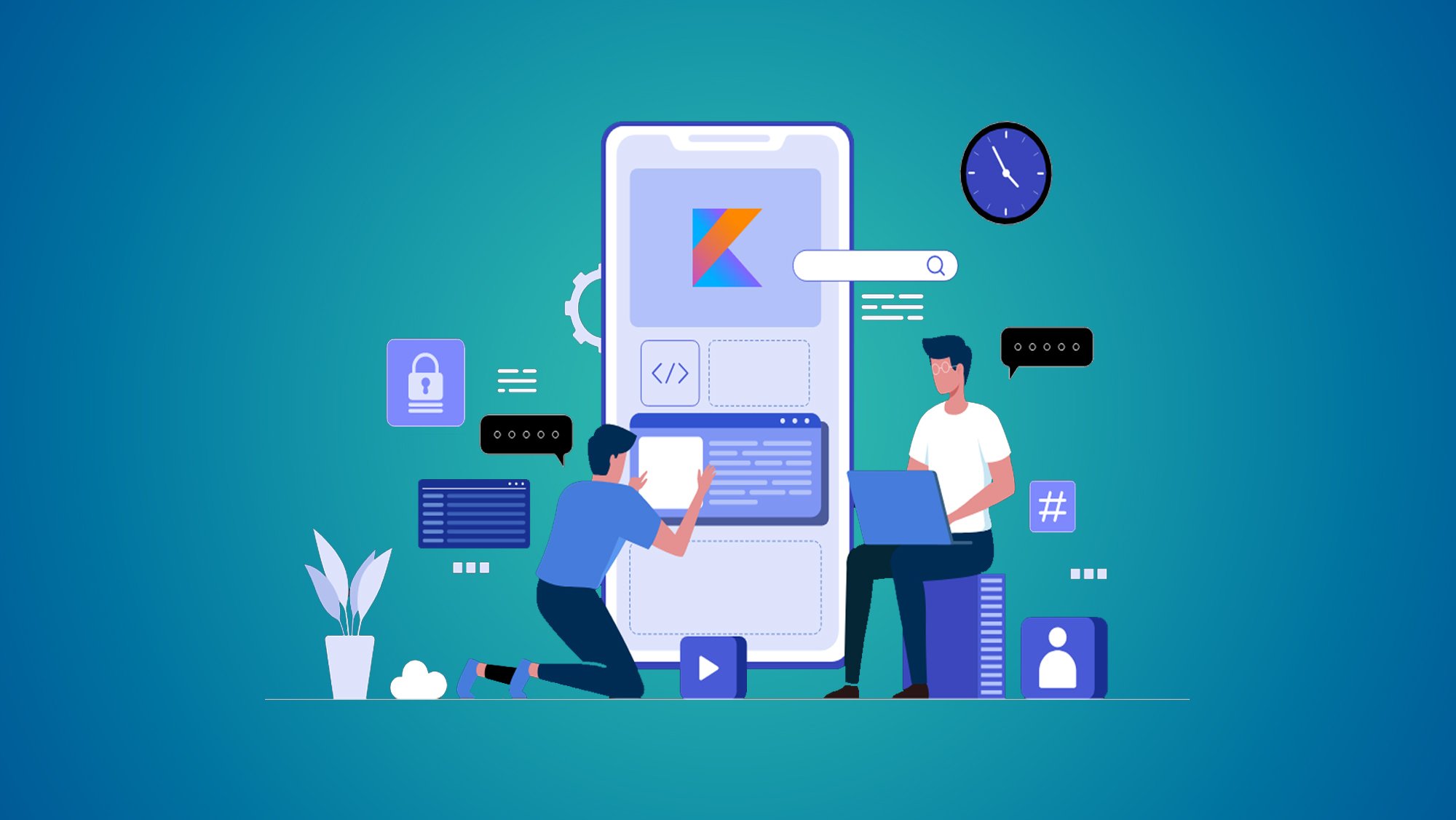Let’s face it, folks—data privacy is one of those things we all kinda know about but rarely take seriously until something goes sideways. And that's exactly what happened with Jameliz Smith. If you're scratching your head thinking, "Who's Jameliz Smith?" don’t sweat it. We’ll get to that. But here’s the deal: her situation has sparked a massive conversation about privacy consent and how our personal information can end up in places we never intended. So buckle up, because we’re diving deep into this whole mess.
This isn’t just about one person—it’s about all of us. In today’s digital world, our data is everywhere. From social media platforms to online shopping sites, we’re leaving digital footprints that companies and hackers can exploit. The Jameliz Smith leak is a wake-up call for everyone who thinks their private info is safe online.
Now, before we go any further, let me clarify something: this article isn’t here to point fingers or spread gossip. Instead, it’s designed to break down what happened, why it matters, and most importantly, how you can protect yourself from similar situations. So grab a coffee, sit back, and let’s unpack this together.
- Bollywood Vs Hollywood Latest Movie News Download More
- Vegamovies Your Guide To Free Movies Tv Shows Online
Understanding the Jameliz Smith Leak
Who Is Jameliz Smith?
Jameliz Smith is not exactly a household name, but her story has quickly become a viral sensation. She’s a 28-year-old content creator from Florida who gained attention after her personal data was leaked online. This wasn’t just some random breach; it involved sensitive information like her address, phone number, and even private photos. Yikes.
Here’s the kicker: Jameliz had explicitly denied giving consent for her data to be shared. Despite that, her information somehow ended up on a public platform, sparking outrage among users and privacy advocates alike. It’s cases like these that make us question the security of our own data.
How Did the Leak Happen?
According to reports, the leak occurred due to a third-party app that Jameliz unknowingly granted access to. Many of us have done it—clicked “Accept” without reading the fine print. But in this case, that small action led to a massive breach. The app collected more data than it claimed to need, and when its security measures failed, Jameliz’s info was exposed.
- Movierulz 2025 Latest Telugu Tamil More Whats The Buzz
- Indian Viral Mms News Impact The Dark Side Explained
Now, you might be wondering, “How common is this?” Turns out, it’s more frequent than you think. According to a study by NortonLifeLock, nearly 60% of people have experienced some form of data breach. Crazy, right? But don’t worry—we’ll talk about how to stay safe later.
Why Privacy Consent Matters
What Exactly Is Privacy Consent?
Privacy consent is basically your permission for companies to use your data. Sounds simple enough, right? But here’s the thing: companies often bury the details in lengthy terms and conditions that no one actually reads. By clicking “I Agree,” you’re essentially handing over control of your personal information.
Let’s break it down:
- Companies need your consent to collect, store, and share your data.
- This consent should be explicit, meaning they need to clearly explain what they’ll do with your info.
- Unfortunately, many companies exploit loopholes to gather more data than they claim.
So when you hear about leaks like Jameliz’s, it’s not just bad luck—it’s often a failure in the consent process.
Why Should You Care?
Here’s the reality: your data is valuable. Companies use it to target ads, improve services, and even sell it to third parties. And while that might not sound so bad, think about this: what happens if that data falls into the wrong hands? Identity theft, stalking, harassment—the list goes on.
The Jameliz Smith case highlights the importance of understanding what you’re agreeing to. It’s not just about protecting yourself; it’s about holding companies accountable for respecting your privacy.
Legal Implications of Data Breaches
What Are Your Rights?
When it comes to data privacy, laws vary depending on where you live. In the U.S., for example, the General Data Protection Regulation (GDPR) gives you certain rights, such as:
- The right to access your data.
- The right to correct inaccurate information.
- The right to delete your data (also known as the “right to be forgotten”).
But here’s the catch: enforcing these rights can be tricky. Many people don’t even realize their data has been compromised until it’s too late. That’s why staying informed and proactive is key.
What Happens When Companies Violate Privacy Laws?
Companies that mishandle your data can face hefty fines and lawsuits. For instance, Facebook was fined $5 billion by the FTC for violating user privacy in the Cambridge Analytica scandal. While that might sound like justice, the truth is that these fines often don’t deter companies from continuing risky practices.
In Jameliz’s case, legal action is still pending, but it’s clear that the company responsible for the leak will face scrutiny. This is a reminder that we need stronger regulations and enforcement to protect our data.
Steps to Protect Your Privacy
Be Mindful of What You Share
Let’s face it, we all love sharing our lives online. But before you post that selfie or sign up for a new app, ask yourself: “Do I really need to share this?” Limiting the amount of personal information you put out there is one of the best ways to protect yourself.
Here are a few tips:
- Use strong, unique passwords for each account.
- Enable two-factor authentication whenever possible.
- Review app permissions regularly and revoke access to those you don’t trust.
Read Those Terms and Conditions
Yeah, I know—it’s boring. But taking a few minutes to skim through the fine print can save you a lot of trouble later. Look out for red flags like:
- Excessive data collection requests.
- Unclear explanations of how your data will be used.
- Lack of transparency about third-party sharing.
Remember, if something feels off, trust your gut and walk away.
Common Misconceptions About Data Privacy
Myth #1: “It Won’t Happen to Me”
Newsflash: it can happen to anyone. Celebrities, influencers, and everyday people like Jameliz Smith are all vulnerable to data breaches. Thinking you’re immune is a dangerous mindset. Instead, focus on taking preventive measures to minimize the risk.
Myth #2: “I Don’t Have Anything to Hide”
Just because you’re not doing anything illegal doesn’t mean your data isn’t valuable. Hackers and cybercriminals can use your information for nefarious purposes, whether it’s stealing your identity or selling your data on the dark web. Privacy is a basic right, not a luxury.
Lessons Learned from the Jameliz Smith Case
What Can We Take Away?
The Jameliz Smith leak serves as a powerful reminder of the importance of data privacy. It shows us that:
- Consent matters. Always read the fine print before granting access to your data.
- Companies need to be held accountable for protecting user information.
- As individuals, we must prioritize our own privacy and take steps to safeguard our data.
While the situation is undoubtedly frustrating, it also presents an opportunity for change. By raising awareness and pushing for better regulations, we can create a safer digital environment for everyone.
Future of Data Privacy
What’s Next?
As technology continues to evolve, so do the challenges surrounding data privacy. Emerging trends like artificial intelligence and the Internet of Things (IoT) bring new risks and opportunities. It’s up to us to ensure that privacy remains a priority in this rapidly changing landscape.
Some potential solutions include:
- Stricter regulations and penalties for companies that violate privacy laws.
- Advancements in encryption and cybersecurity technologies.
- Increased transparency and accountability from tech companies.
While there’s no one-size-fits-all answer, the key is to keep the conversation going and push for meaningful change.
Final Thoughts
So there you have it—the lowdown on the Jameliz Smith leak and why it matters. Whether you’re a tech enthusiast or just someone trying to stay safe online, understanding data privacy is crucial in today’s world. By being informed and taking proactive steps, you can protect yourself from potential breaches and contribute to a safer digital ecosystem.
Now, here’s the thing: knowledge is power. Share this article with your friends and family to help spread awareness. And if you’ve got any questions or tips of your own, drop them in the comments below. Let’s keep the conversation going!
Table of Contents
- Understanding the Jameliz Smith Leak
- Who Is Jameliz Smith?
- How Did the Leak Happen?
- Why Privacy Consent Matters
- What Exactly Is Privacy Consent?
- Why Should You Care?
- Legal Implications of Data Breaches
- What Are Your Rights?
- What Happens When Companies Violate Privacy Laws?
- Steps to Protect Your Privacy
- Be Mindful of What You Share
- Read Those Terms and Conditions
- Common Misconceptions About Data Privacy
- Myth #1: “It Won’t Happen to Me”
- Myth #2: “I Don’t Have Anything to Hide”
- Lessons Learned from the Jameliz Smith Case
- Future of Data Privacy
- Final Thoughts
- Movierulz 2025 Latest Telugu Tamil More Whats The Buzz
- Ralph Pittmans Net Worth The Truth Revealed 2024 Update


